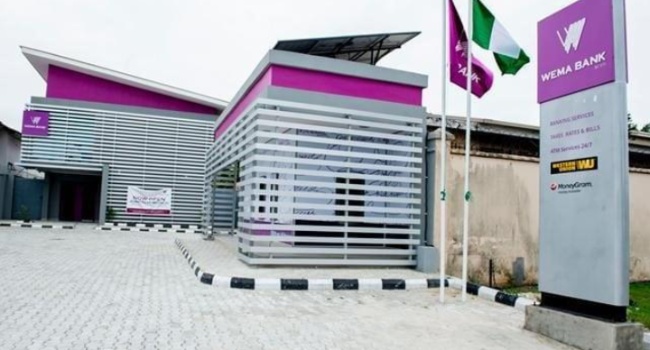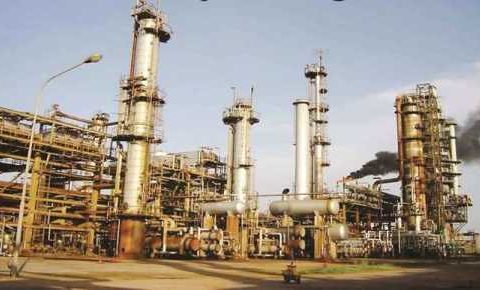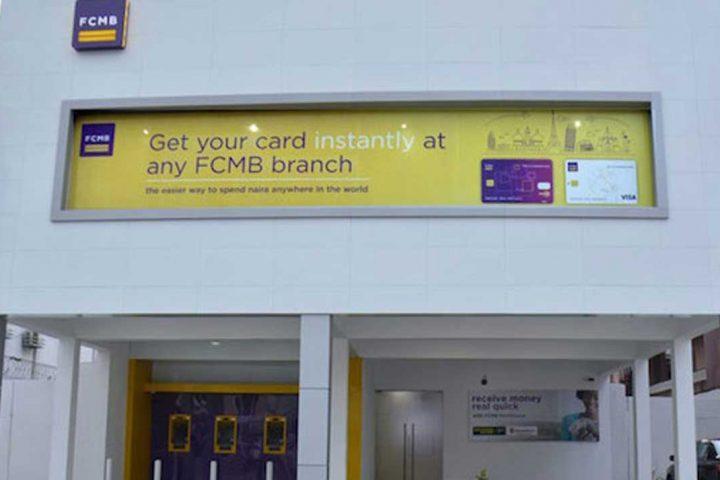Nigerian currency the naira continued depreciation in the foreign exchange market last week, closing trading at almost ₦1,500 at the parallel market.
Prime Business Africa reports that at the close of trading on Monday, May 6, 2014, the naira exchanged ₦1,354.21 against dollar at the official market, according to data from the Nigerian Autonomous Foreign Exchange Market (NAFEM).
Join our WhatsApp ChannelOn Tuesday, May 7, it depreciated by 4.60 per cent to ₦1,416.57/$1. It further dropped on Wednesday, May 8, to ₦1,421.06/$1.
Naira and dollar exchange at the official market on Thursday, May 9, witnessed a significant depreciation of 2.72 per cent to N1,459.73/$1. This trend of depreciation continued on Friday, May 10, when it exchanged ₦1,466.31 against one dollar, reflecting 0.45 per cent drop in value.
According to NAFEM data published on FMDQ Securities and Exchange platform, there was an intraday high of ₦1,490 and a low of ₦1,322 per dollar.
Also, daily forex turnover on Friday was $113.78 million.
At the black market the story was the same as the naira fell to a month-low of ₦1,470 against the green back on Friday.
The naira depreciation persists despite series of efforts by the Central Bank of Nigeria (CBN) to introduce measures aimed at stabilising the exchange rate.
Analysts attributed the development to high demand for dollar. They maintained that without a corresponding effort from the fiscal side, all measures by the monetary authority may not lead to a sustainable result as the local currency’s value would continue to nosedive.
READ ALSO: Naira Depreciates Further, Trades At N1,402 Against US Dollar
This is a complete reversal of the local currency’s recent gain. The naira which had dropped to an all time low of ₦1,900 in the parallel market earlier this year, appreciated to about ₦1,100 per dollar and was hailed as the best-performing currency globally as of April 2024. However, it suddenly plummeted again following rising dollar demand.
A Bloomberg report described naira as the world’s worst-performing currency in the last one month.
Chief Economist for Africa and the Middle East at Standard Chartered, Razia Khan, who spoke with Bloomberg, expressed concerns that the decline in the naira’s value might consequently intensify pressure on the CBN to declare another interest rate hike after its Monetary Policy Committee meeting scheduled to hold on May 21.
There have been calls for the Federal Government to ramp up crude oil production which is a major source of FX earning to the country. However, corruption and crude oil theft continue to make the country unable to meet the OPEC quota and also the benchmark in the 2024 national budget.
This further underscores the need to diversify the economy by increasing production in other sectors where Nigeria has a comparative advantage, as a renowned Political Economist, Pat Utomi, had said during an interview with Prime Business Africa some months ago.
Victor Ezeja is a passionate journalist with seven years of experience writing on economy, politics and energy. He holds a Master's degree in Mass Communication.


















Follow Us